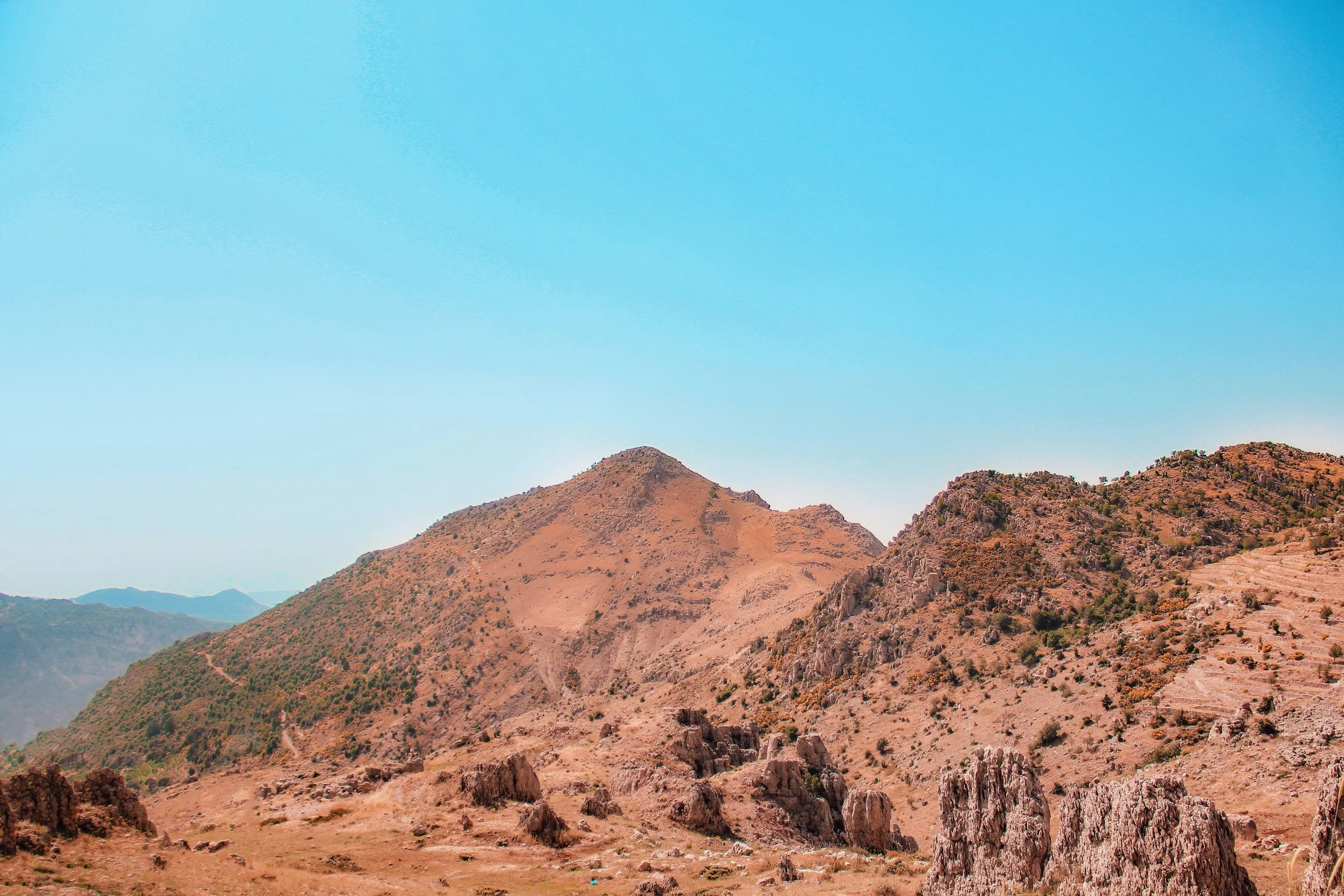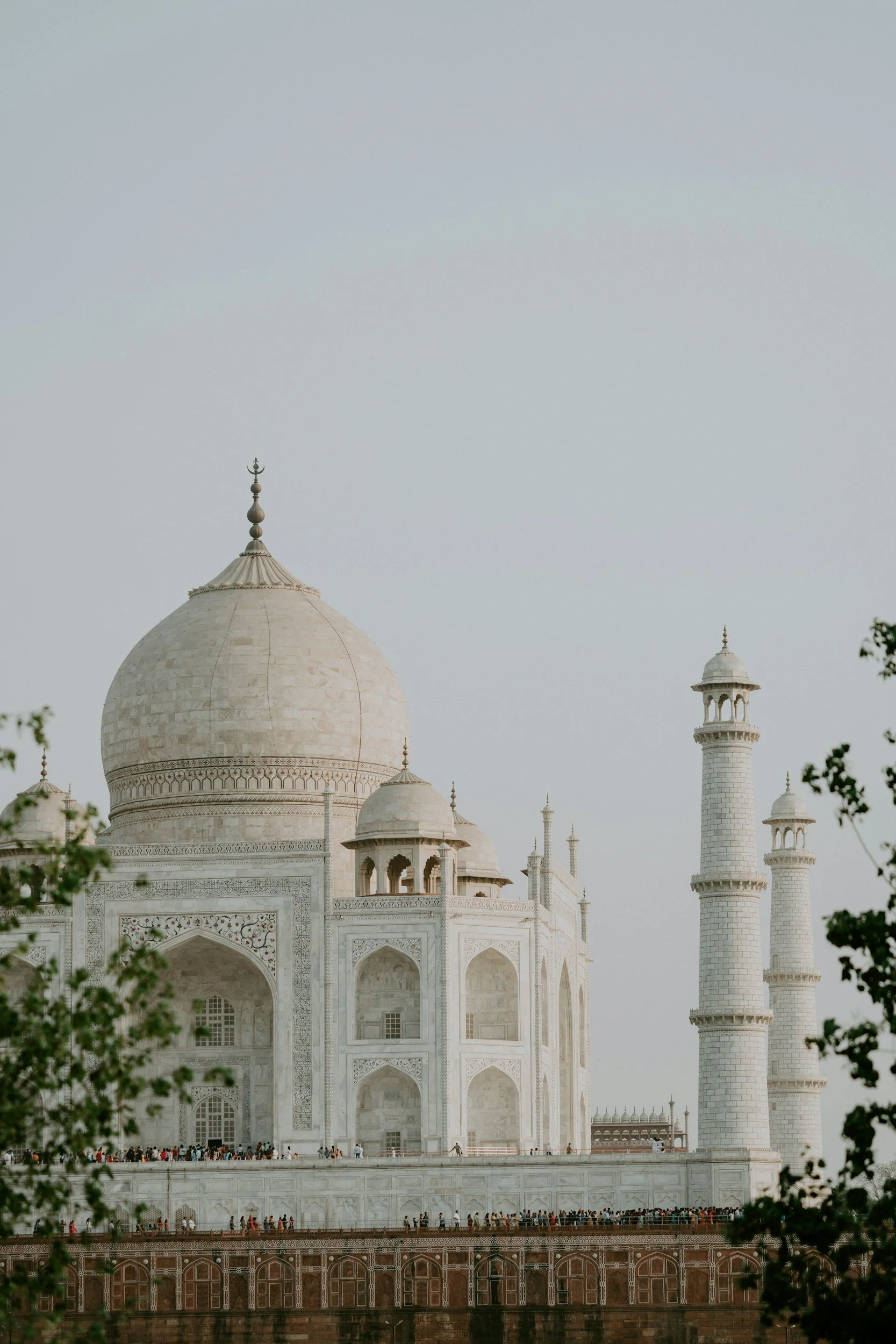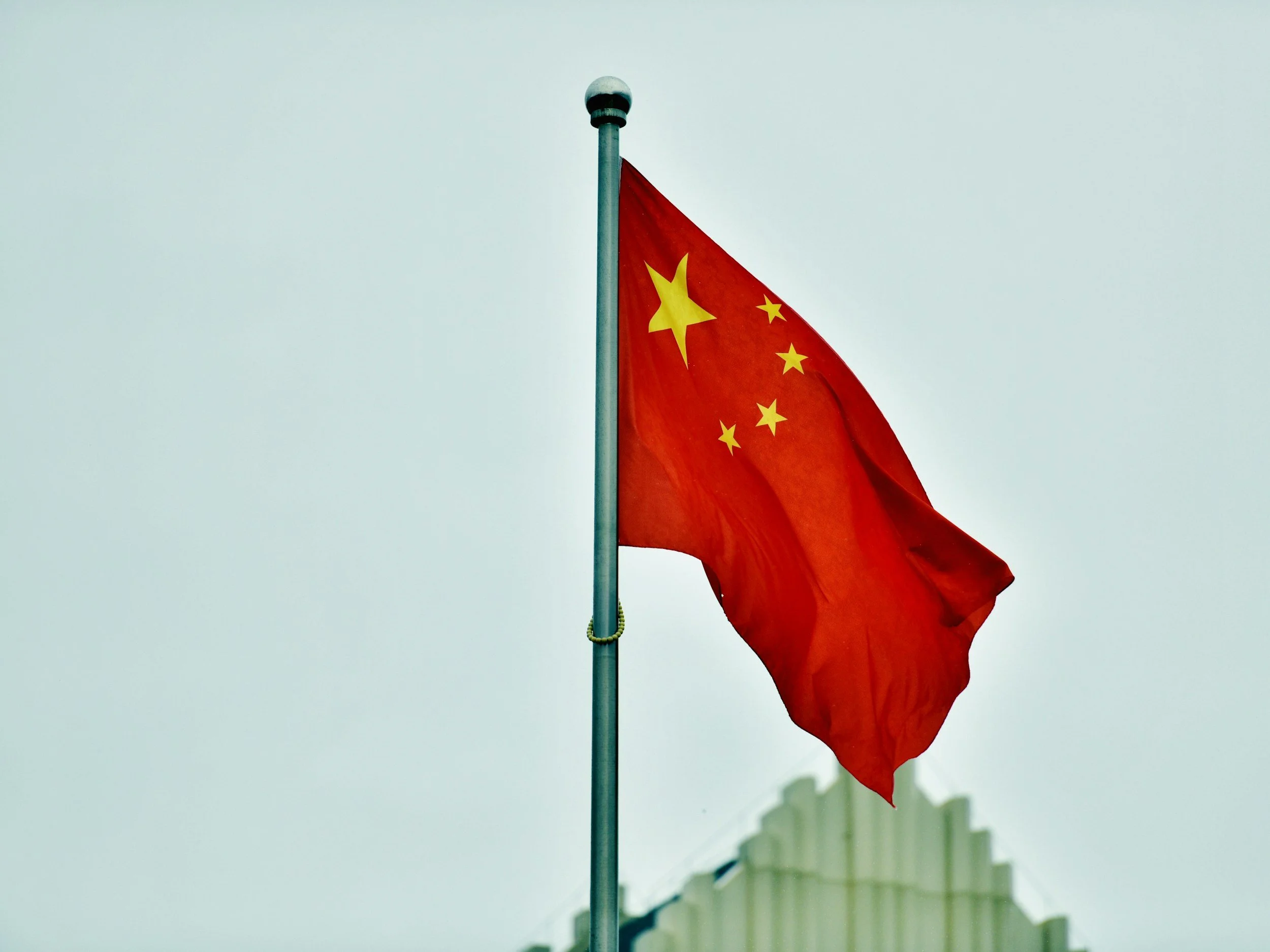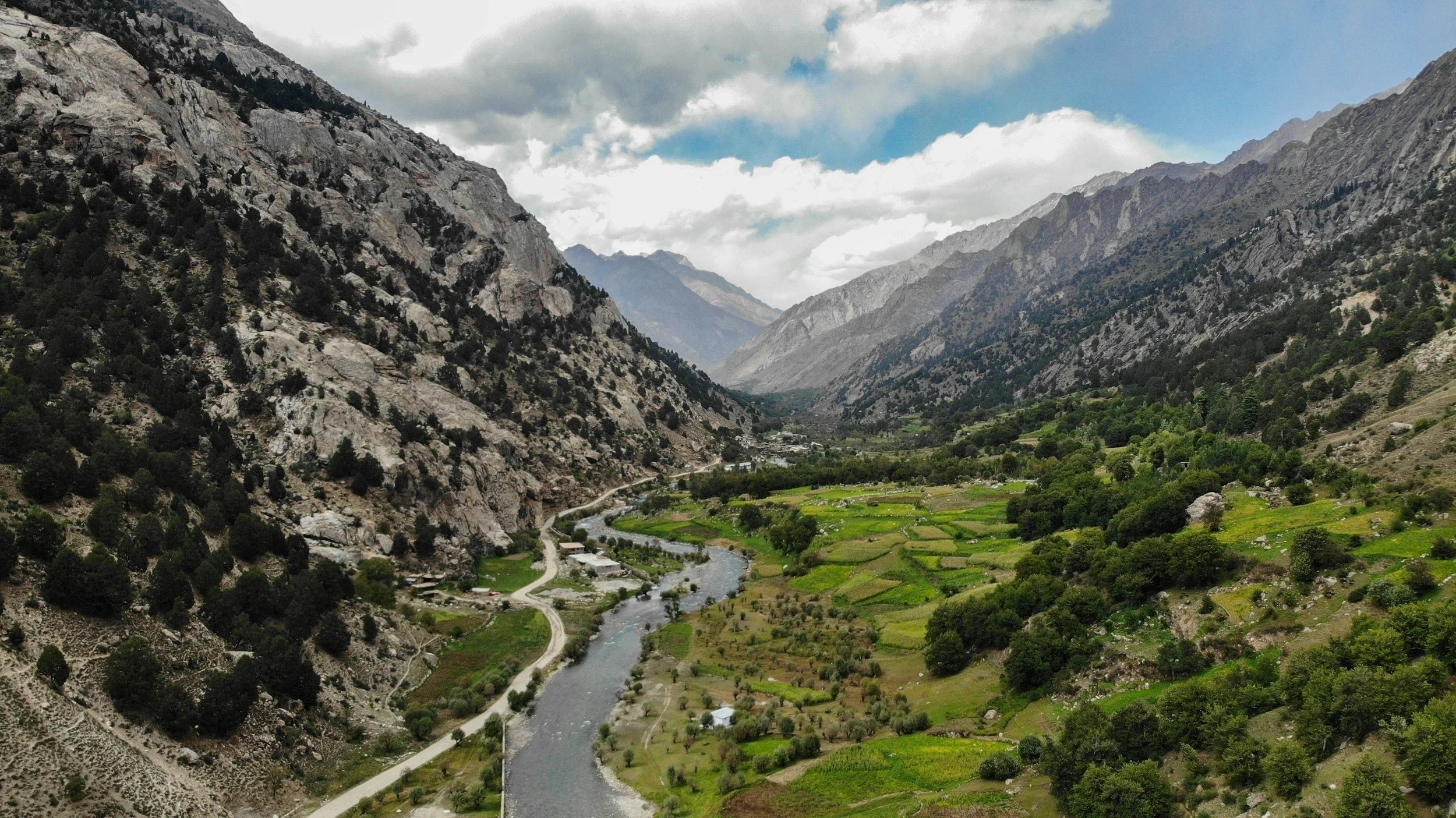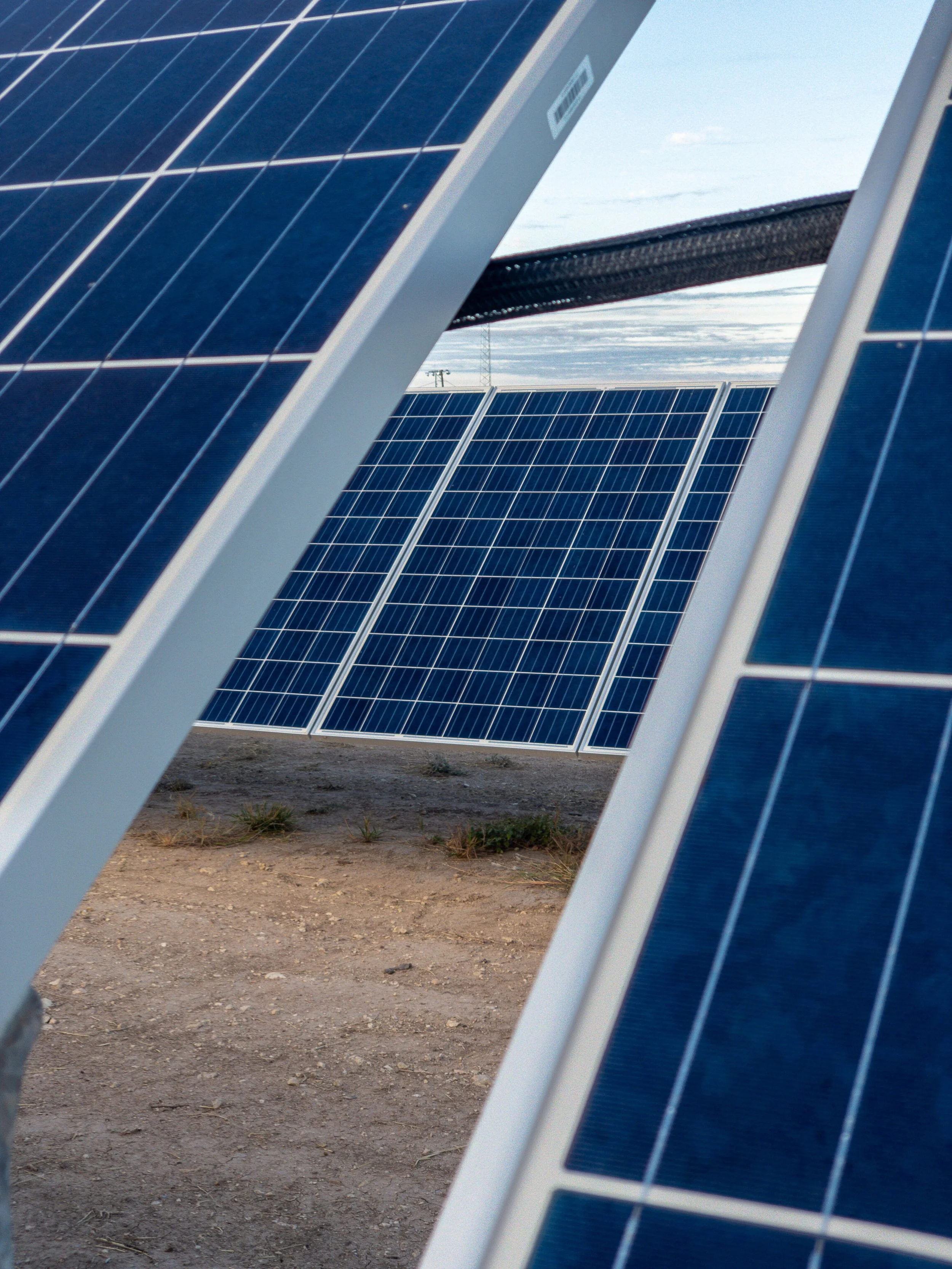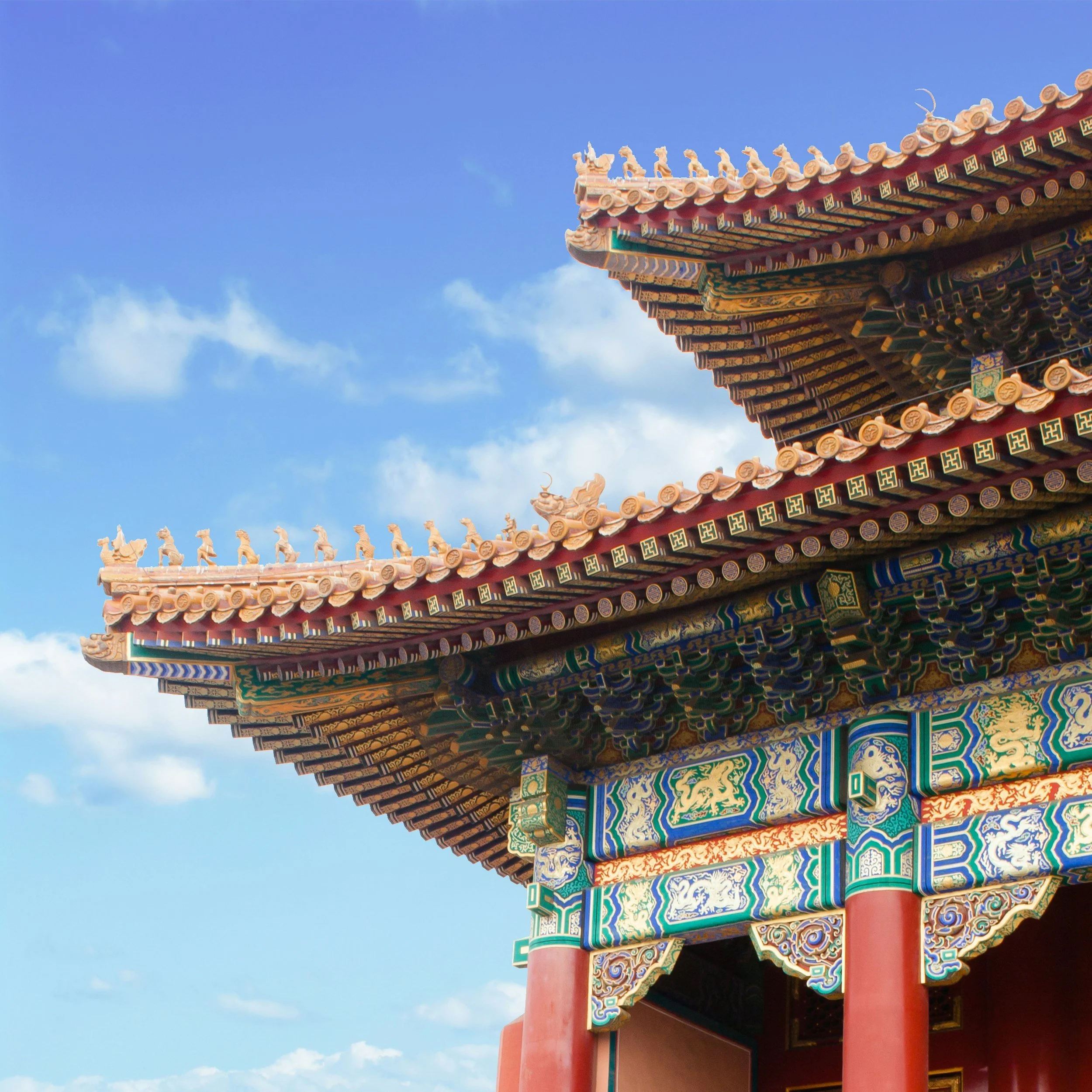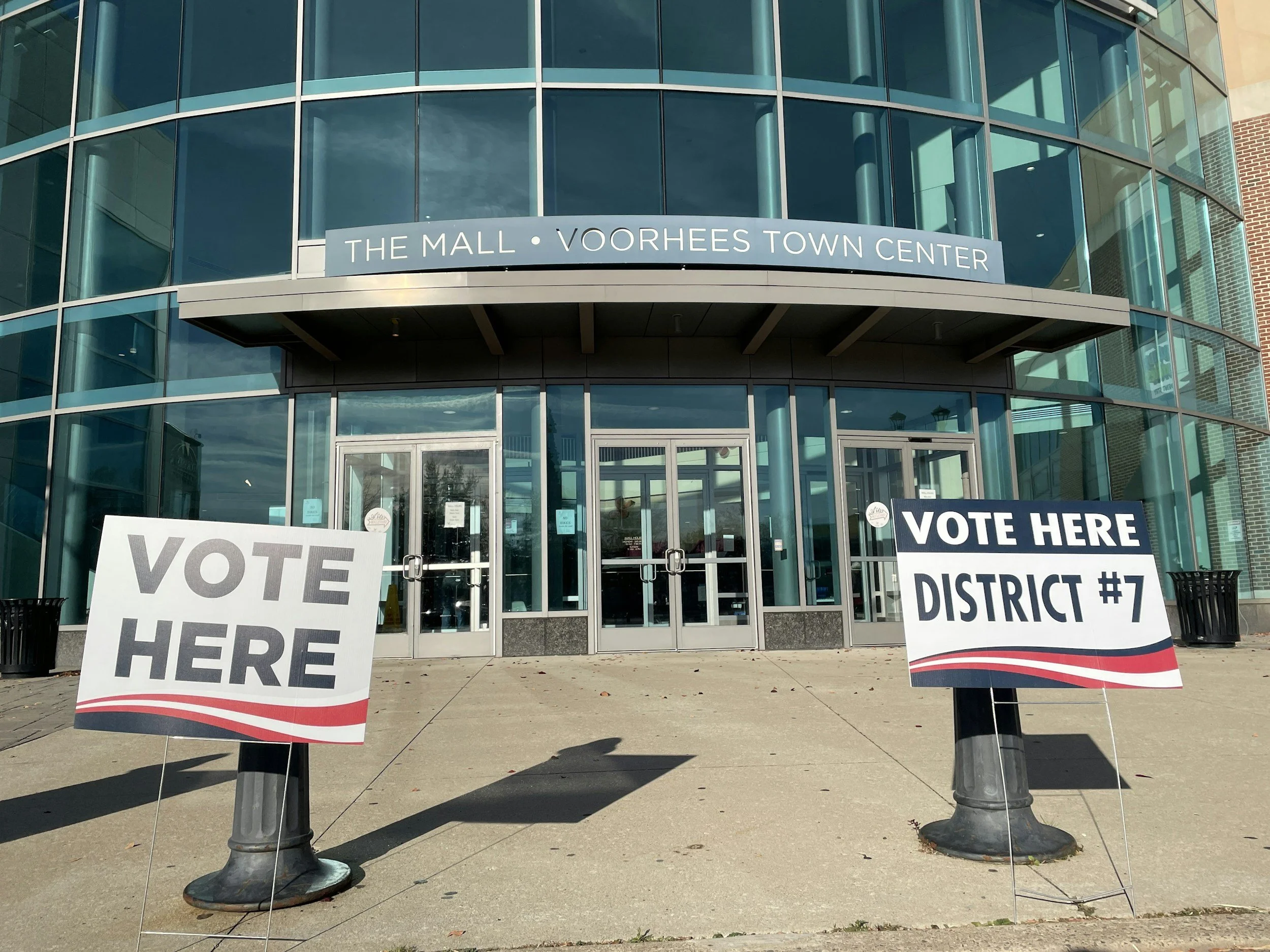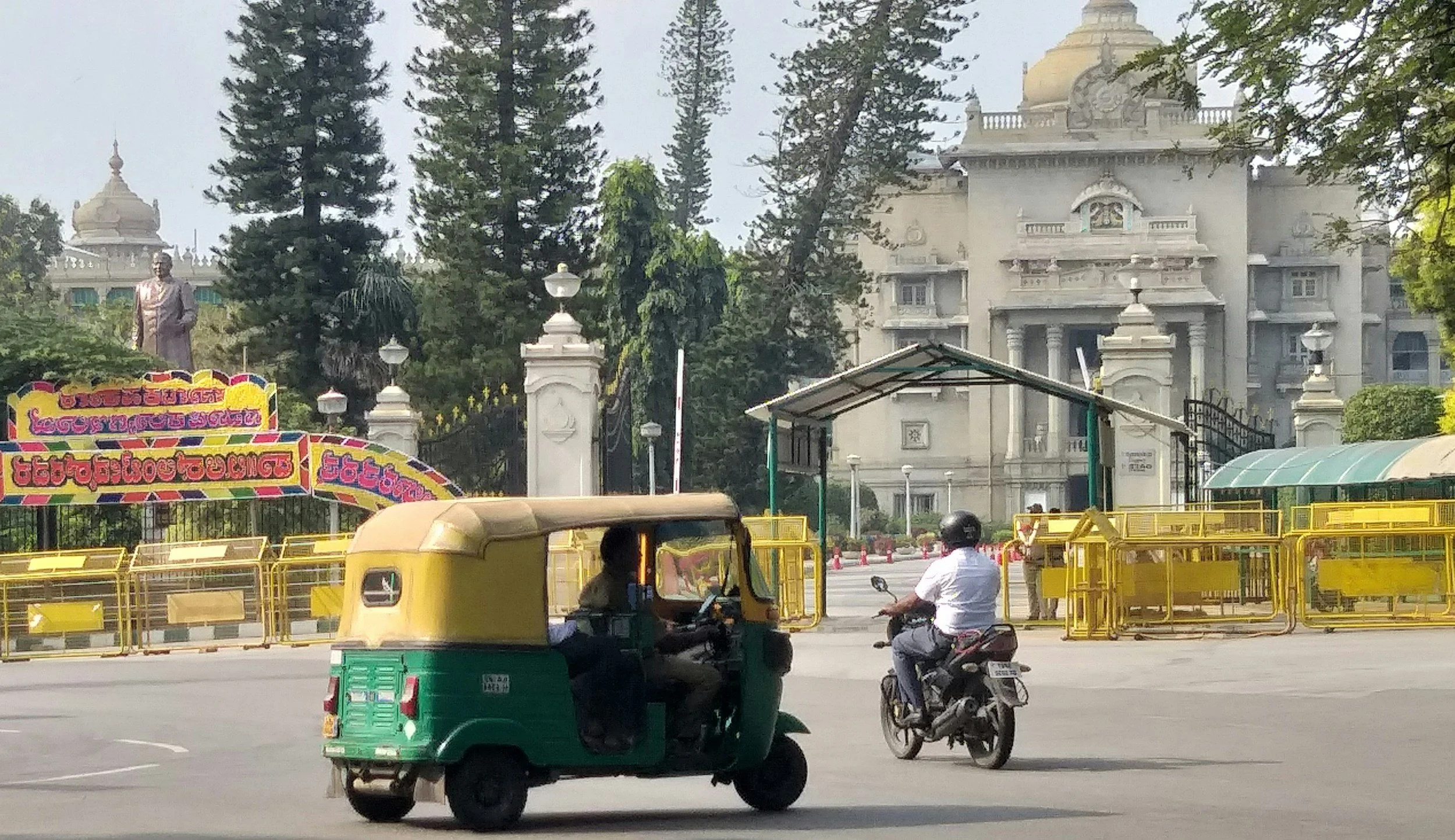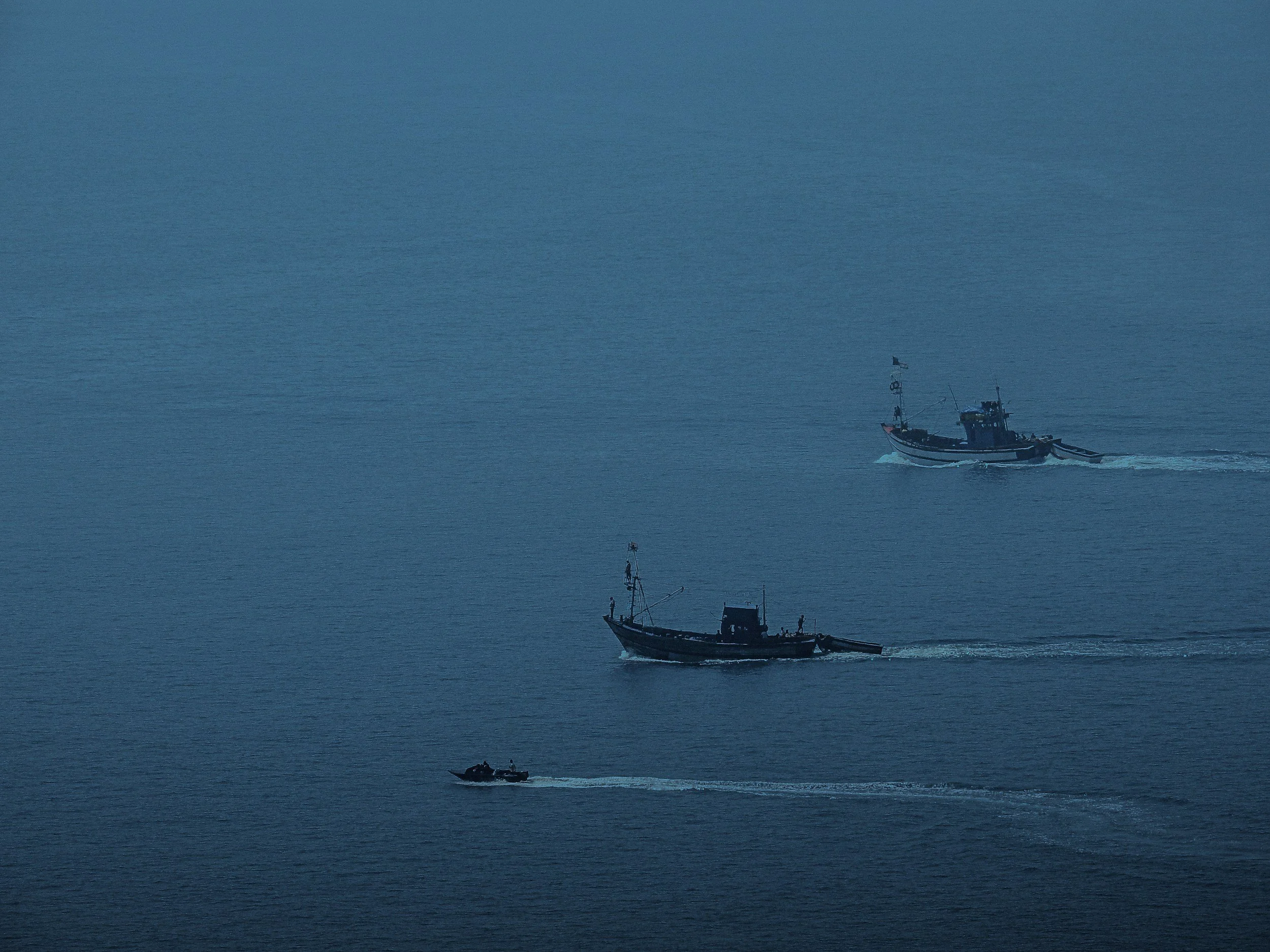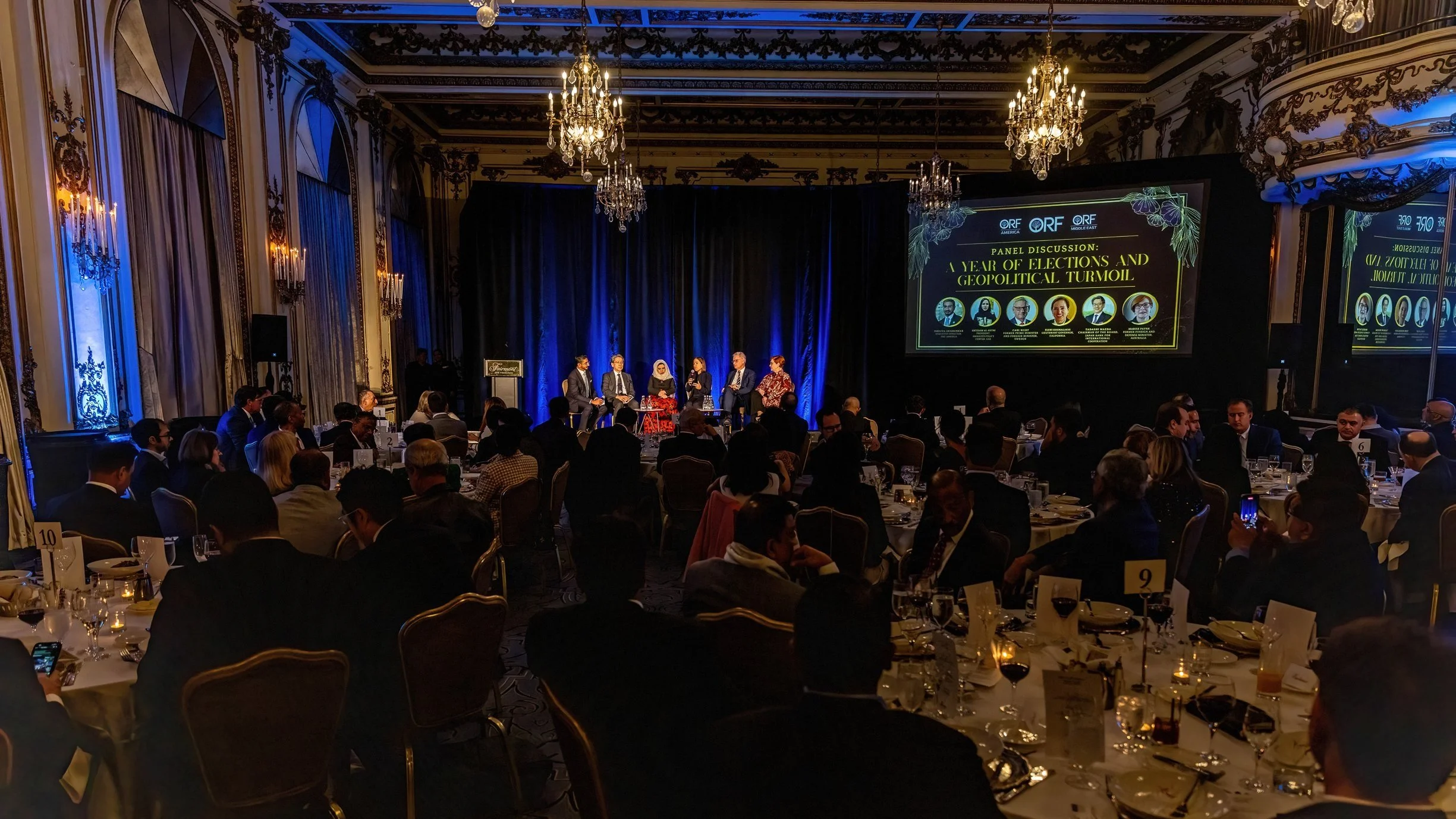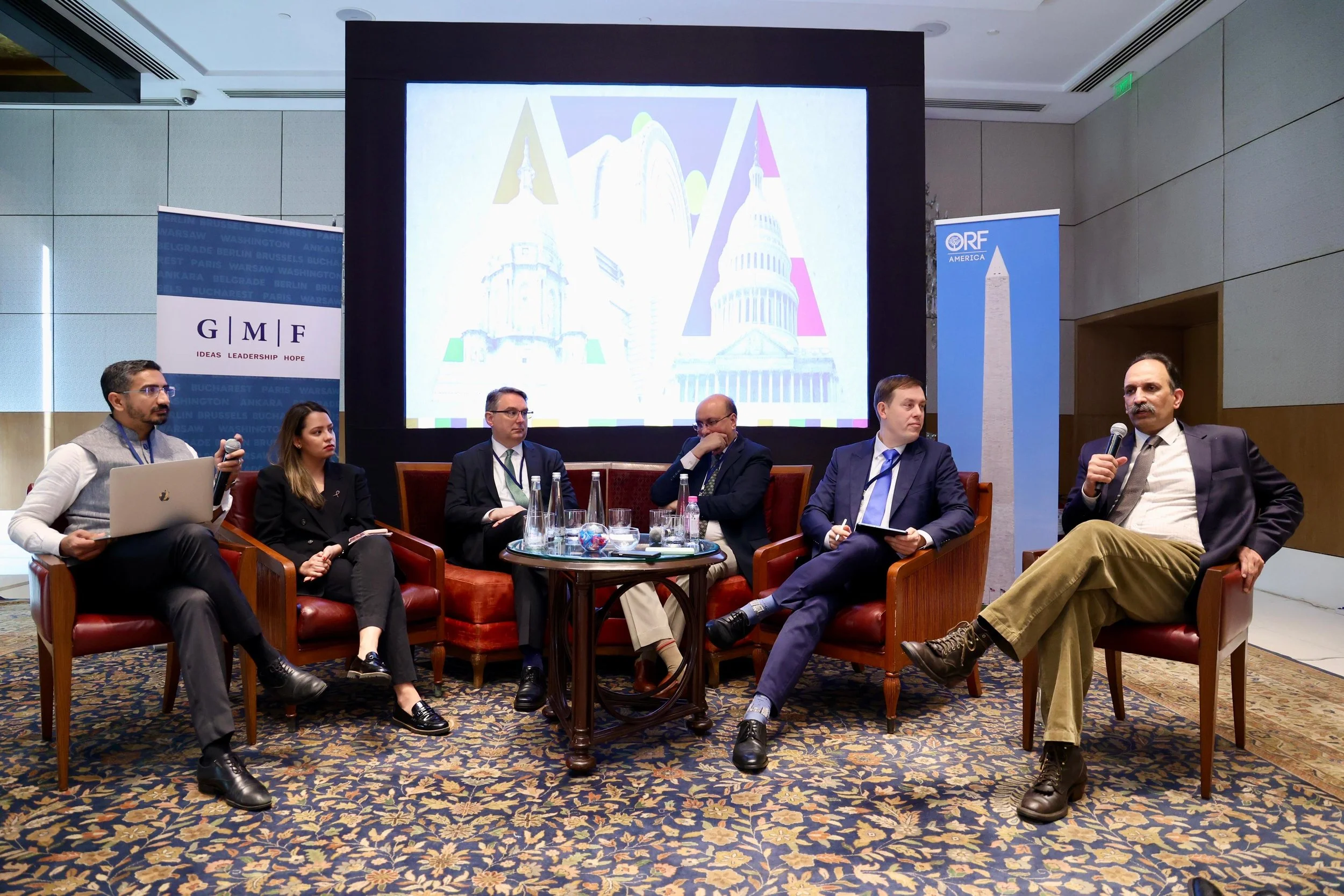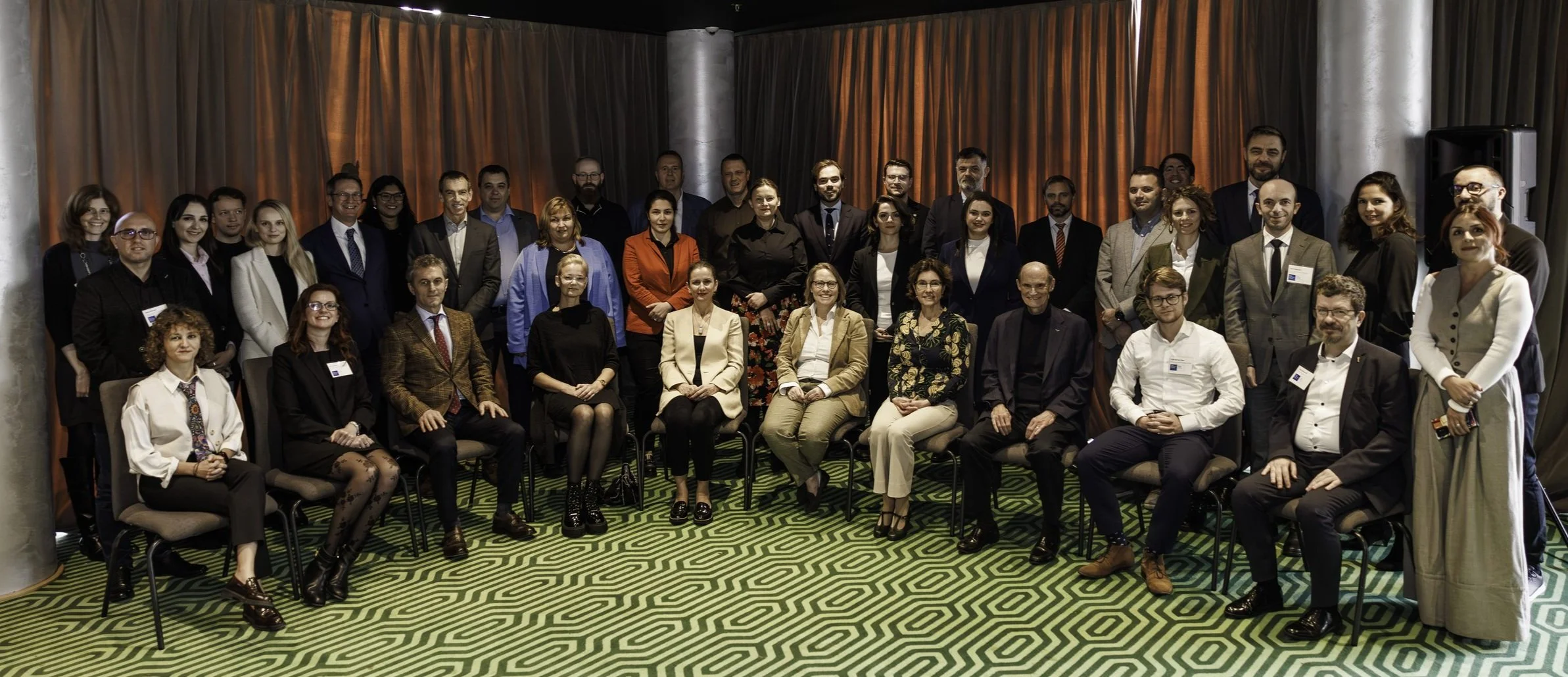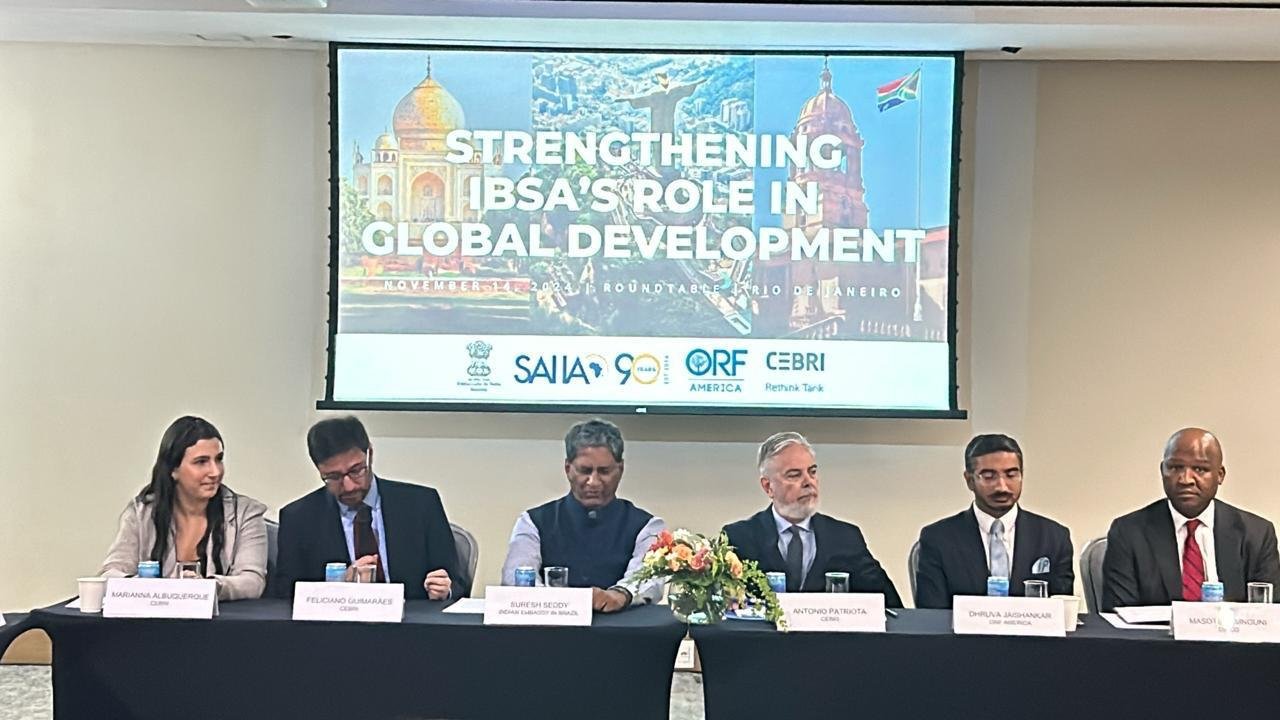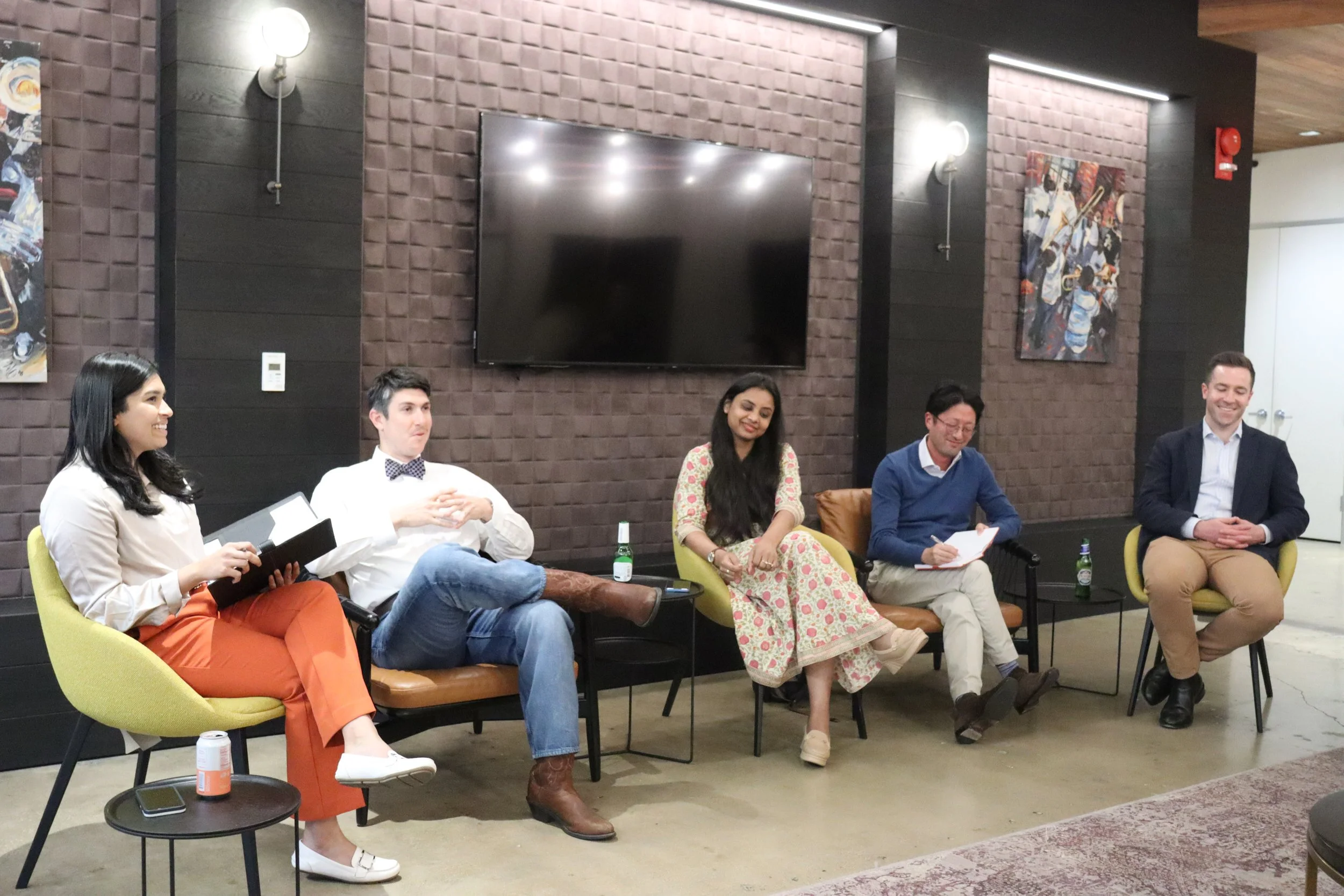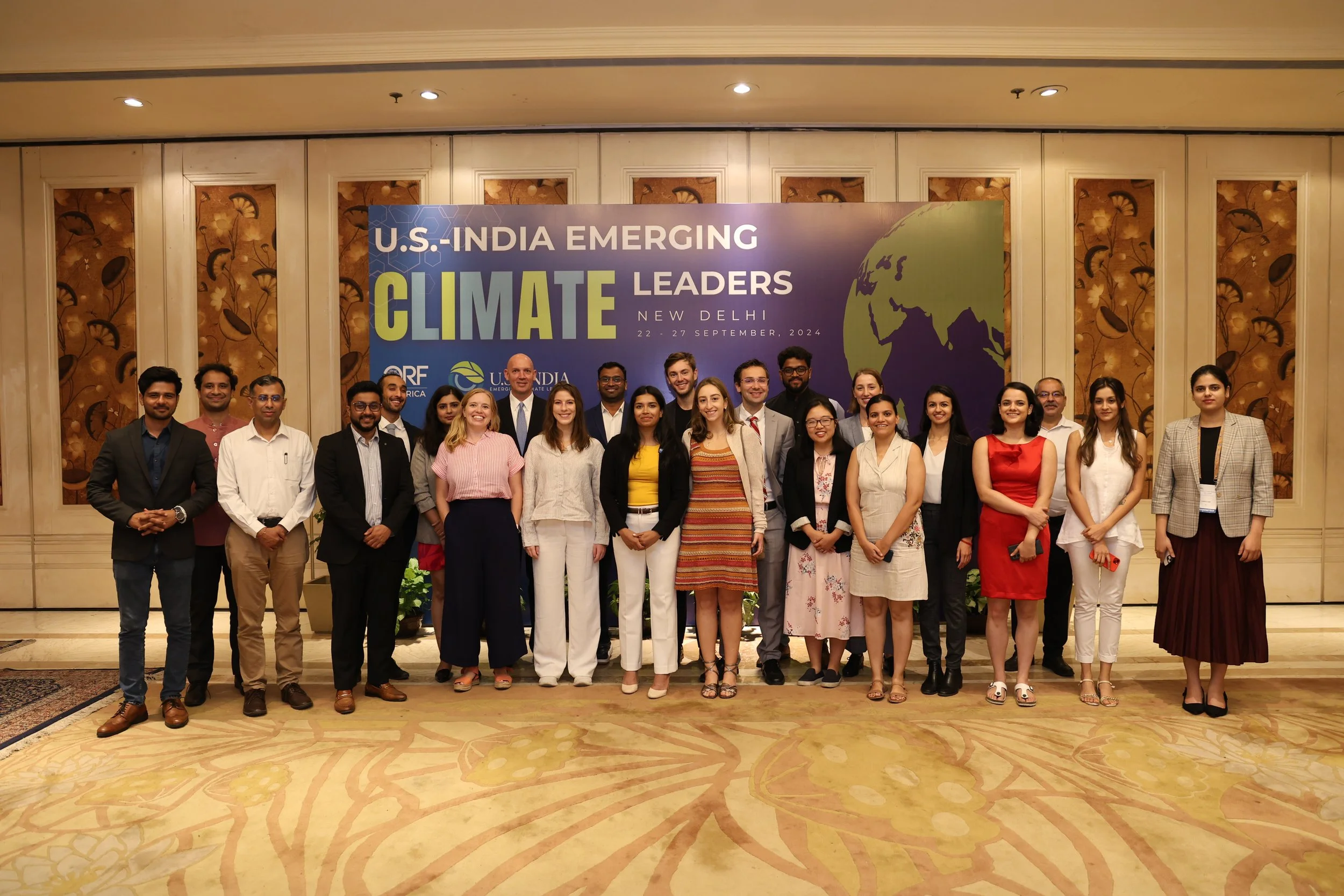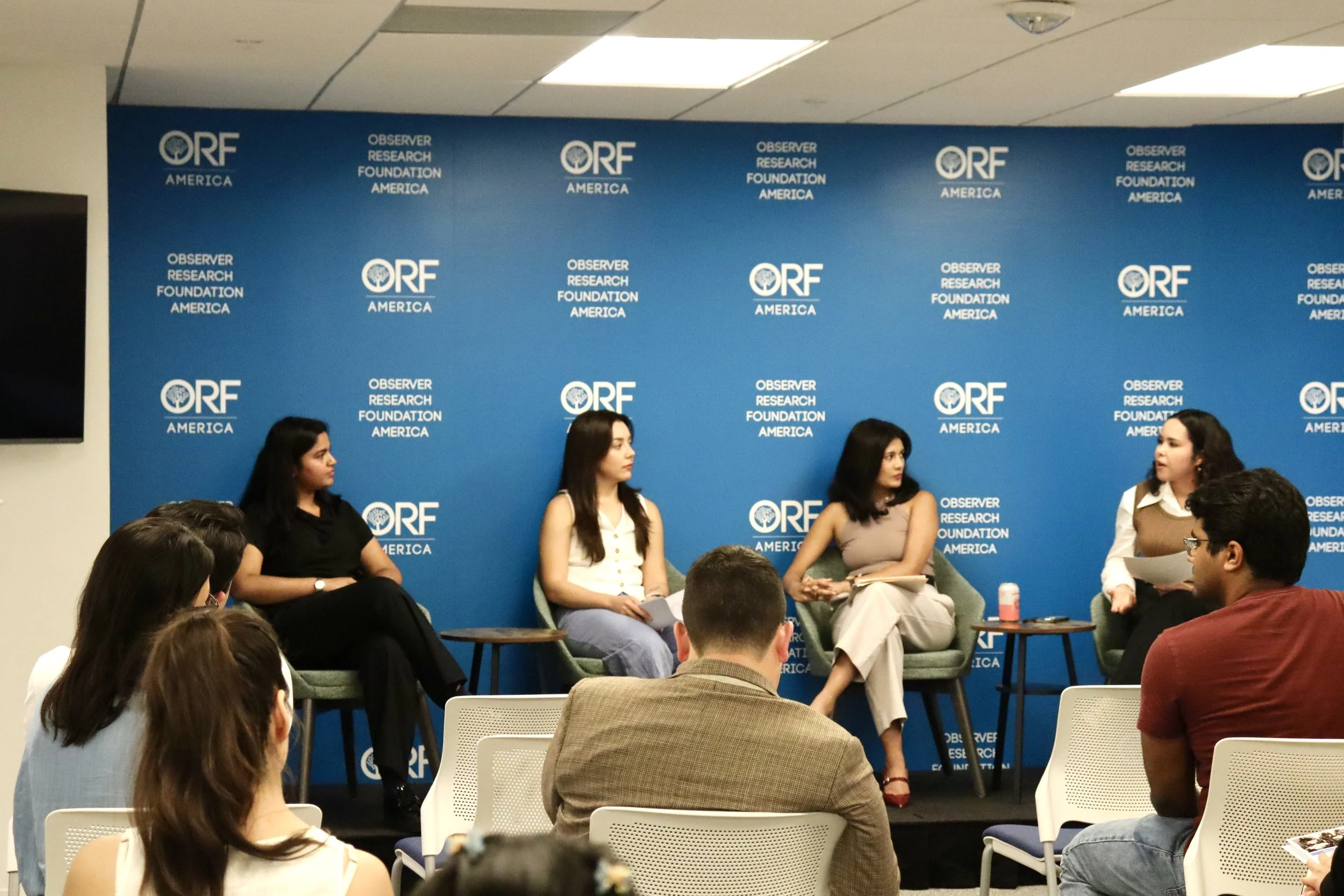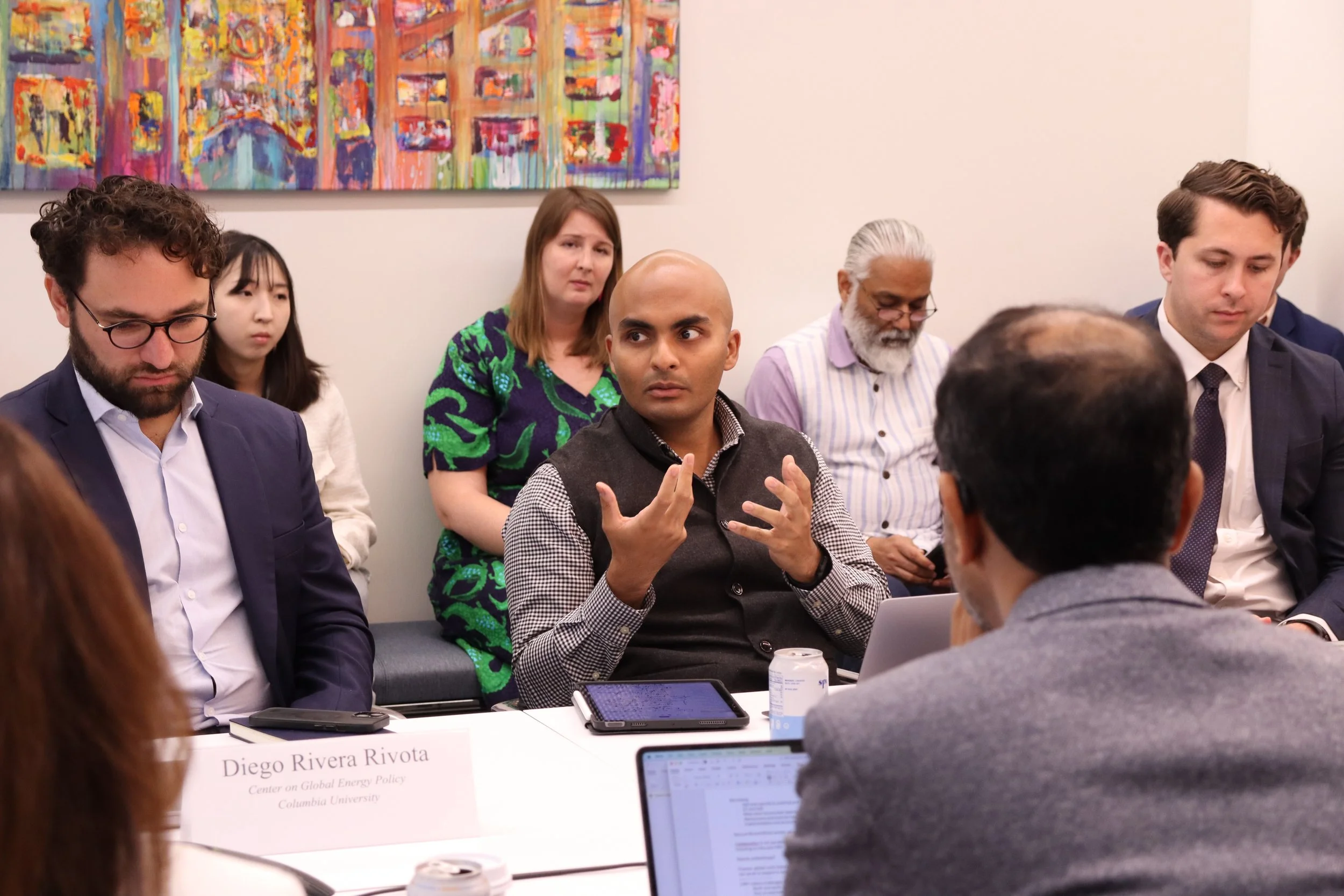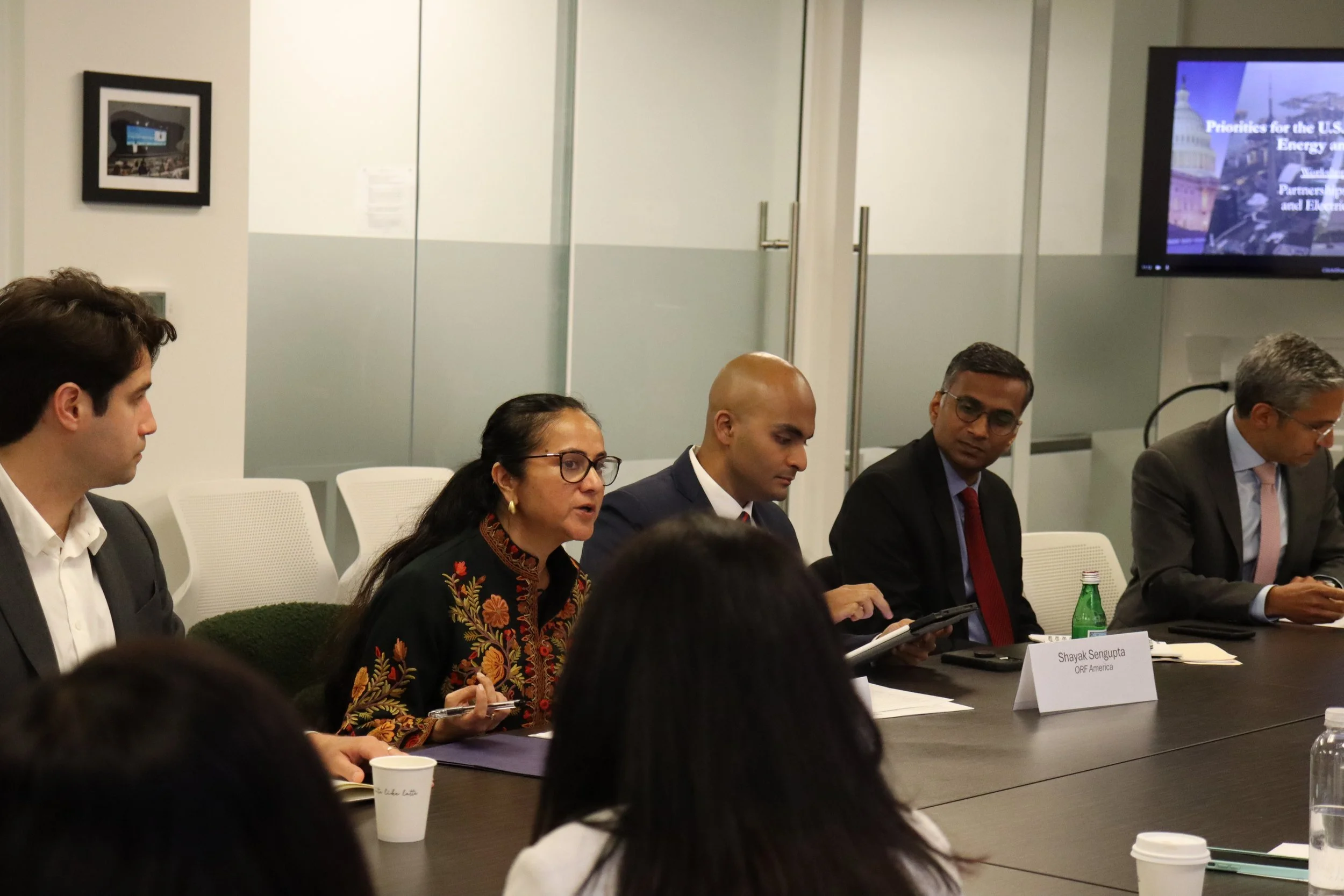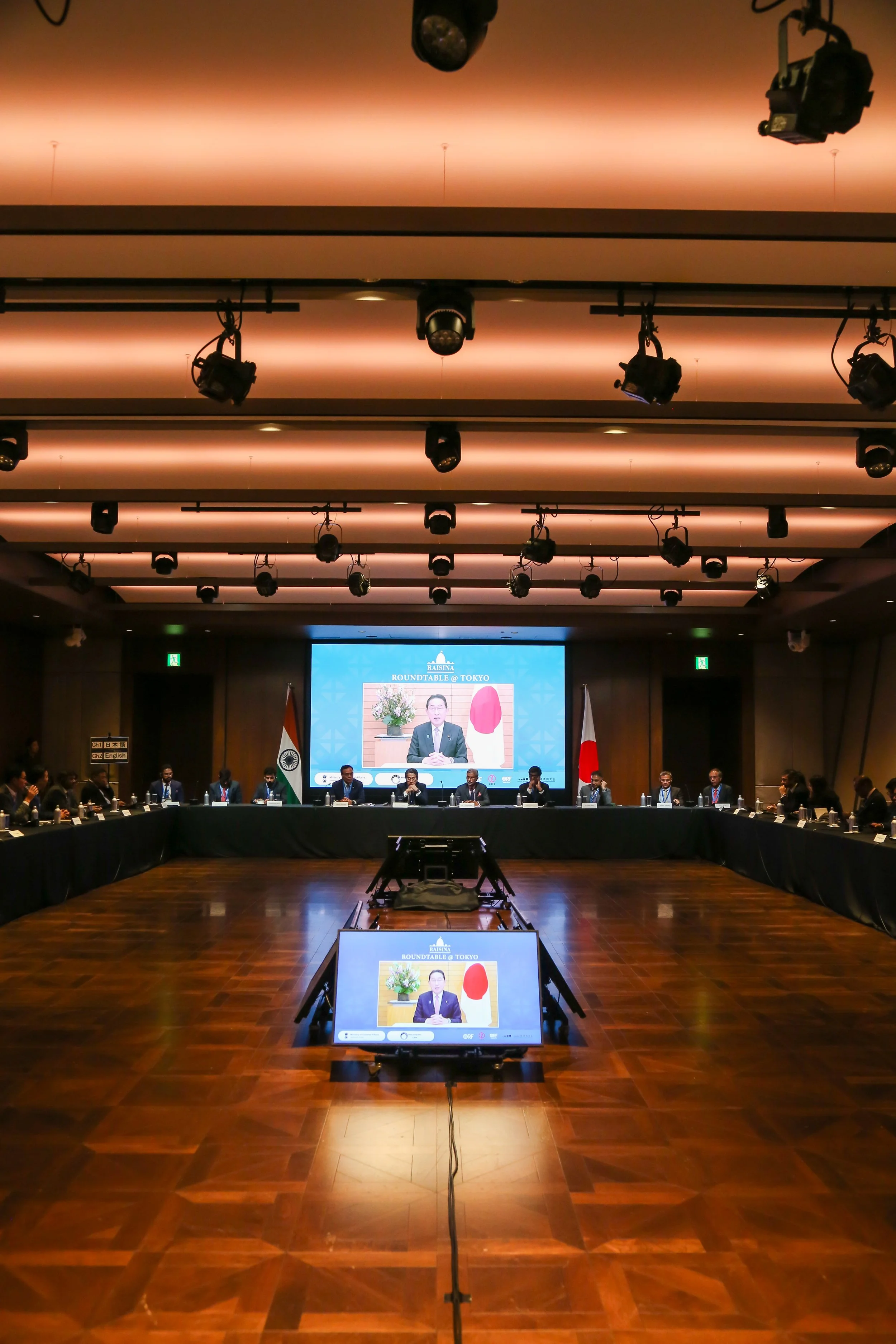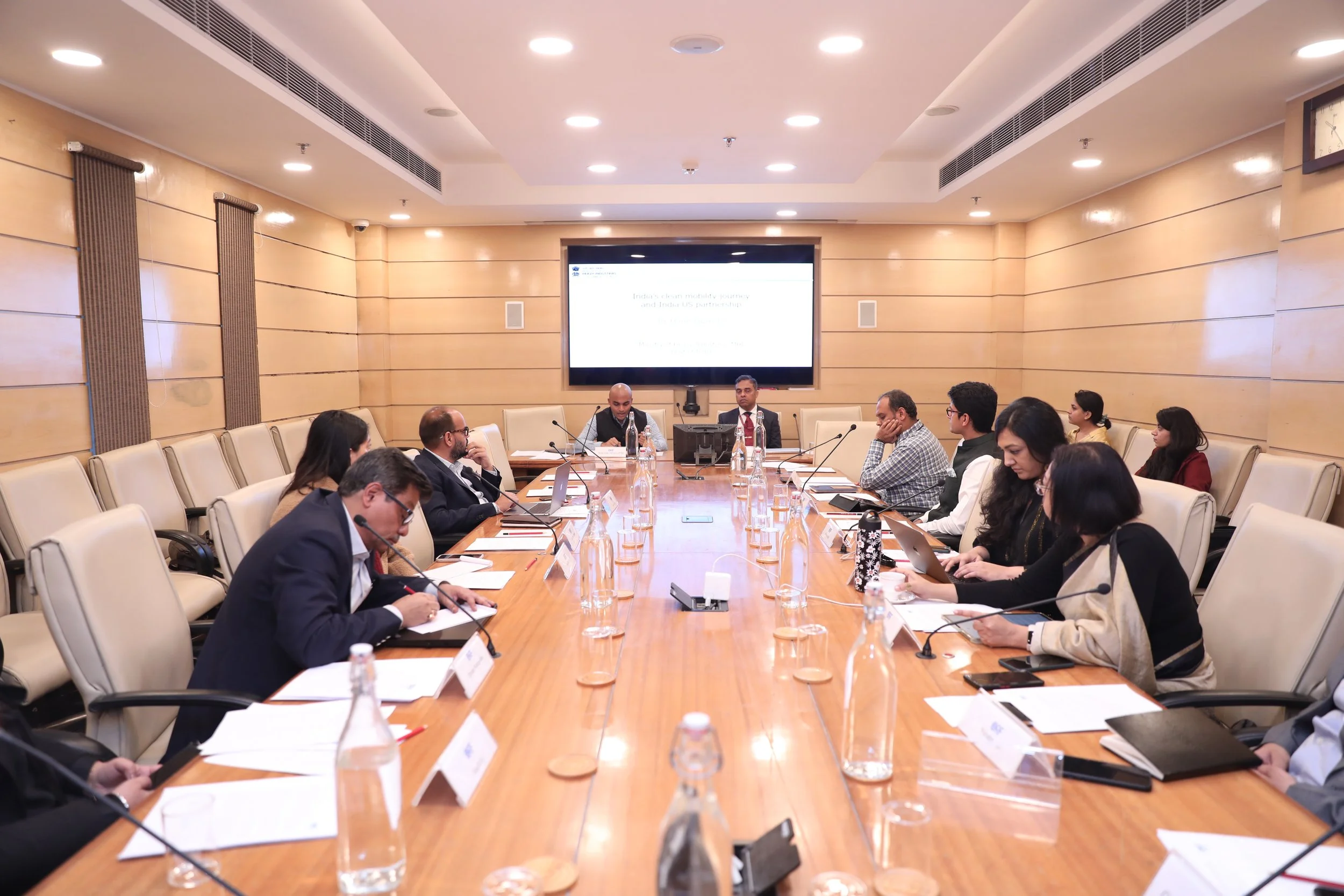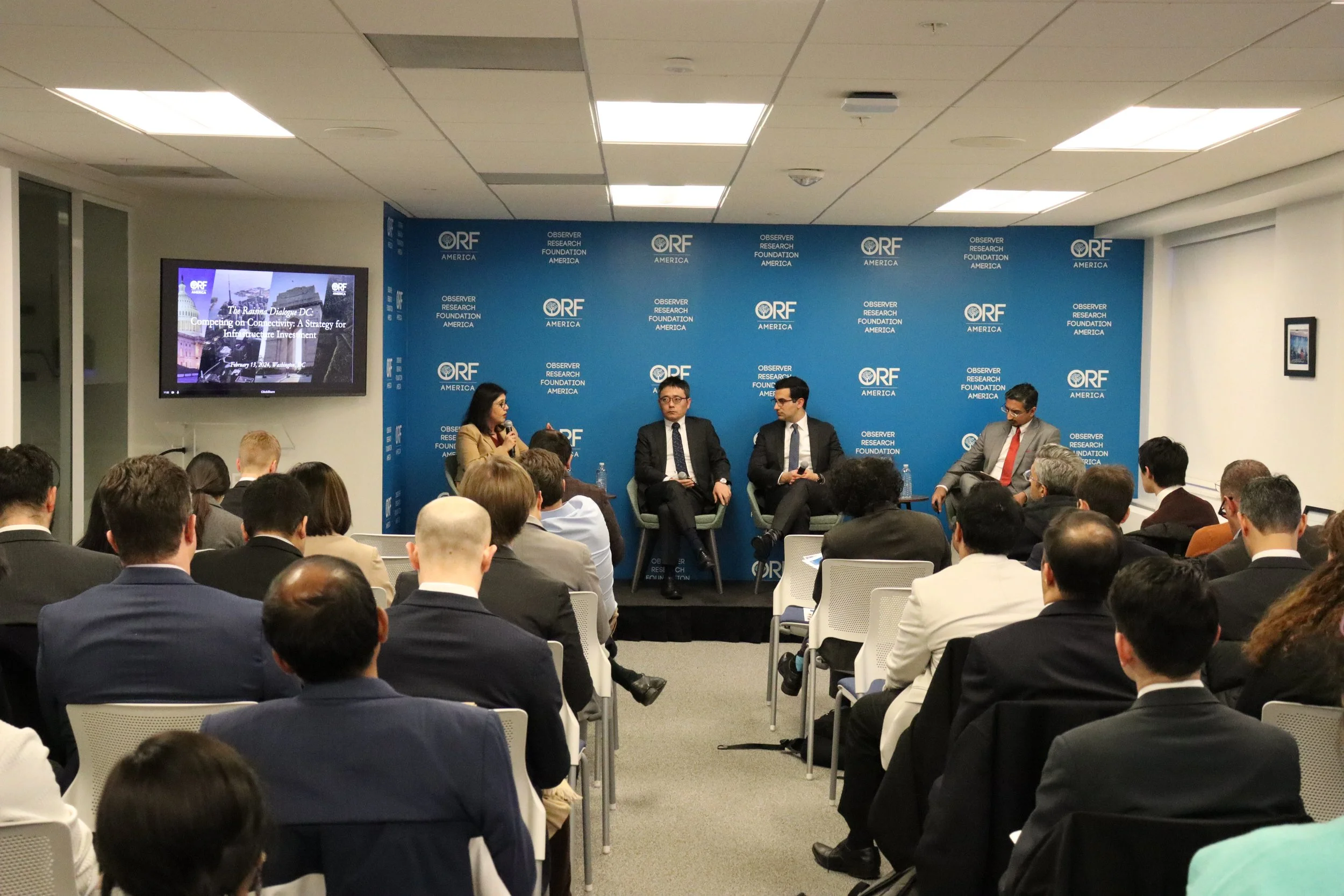By Ammar Nainar
By extending concessionary loans to incentivize and settle trade in rupees, India’s central bank is learning from China’s experience in internationalizing its currency.
By Udaibir Das
What are the concerns attached to the G20's “Roadmap Towards Better, Bigger, and More Effective Multilateral Development Banks (MDBs)”?
By Vivek Mishra
With Trump returning to the White House as the 47th President of the United States, his second term are likely to vastly differ from his first in the case of foreign policies towards Ukraine and Israel.
By Anit Mukherjee and Caroline Arkalji
What is IBSA and how can their consecutive G20 presidencies help further the UN’s Sustainable Development Goals on a global scale?
By Dhruva Jaishankar
With fundamental changes in China's domestic politics, economy, security posture, and strategic position, can India-China relations resume from its pre-2020 ties?
By Caroline Arkalji
How can India’s transition to green energy ensure that new job opportunities are accessible to all workers, especially those in carbon-intensive industries?
By Karan Bhasin
With China’s economy slowing down, many emerging markets that supply critical raw materials for global value chains operating through China have become extremely vulnerable.
By Anneleen Roggeman
How are international institutions prioritizing cyber capacity and its potential contributions to global development and multilateral partnerships?
By Ammar Nainar
The Quad is not abdicating responsibility against China as some skeptics allege. Rather, China’s military, diplomatic, and economic coercion provides the rationale for many of the Quad’s initiatives.
By Andreas Kuehn and Jeffrey D. Bean
What costs and risks need to be taken into account when geopolitics are causing shifts in global supply chains for semiconductors?
By Dhruva Jaishankar
With recent conflicts in Lebanon, Israel, and Gaza, how do they impact India and its policy in the Middle East?
By Anit Mukherjee
What is the Global Digital Compact and how can it help nations integrate growing technology into their societies?
By Caroline Arkalji
How are Global South nations tackling the challenges that arise with rapid urbanization?
By Natalie Boyse
Despite India's recent rising presence in geopolitics, many Americans are not paying attention to the nation itself due to outdated knowledge and assumptions.
By Ammar Nainar
A more careful examination of India’s military exercises today shows how they are indicative of India’s new diplomatic partnerships and priorities.
By Anit Mukherjee
What is the United Nations General Assembly and why does its theme for 2024, the Summit of the Future, matter for globalization?
By Dhruva Jaishankar
The revival of the global economy will stem from multilateral efforts to achieve the United Nations' Sustainable Development Goals (SDGs) despite indications pointing to increased economic competition.
By Medha Prasanna
Will the outcome of this November’s presidential election result in a large shift in the United States' climate and energy relationship with India, or will policy remain the same no matter who is leading the United States?
By Nihal Chauhan
Well within his first 100 days of his third term, Indian prime minister Narendra Modi has already reaffirmed India-ASEAN relations with his most recent trip to Singapore as part of his Southeast Asia tour.
By Jeffrey D. Bean
While the CHIPS & Science Act of 2022 has boosted the United States' leadership in semiconductor technology, it has considerably lagged in doing so for STEM research. The reason? A lack of appropriated money, meaning the money is there but it has not been allocated yet.
By Andreas Kuehn
With the 2024 U.S. Presidential Election taking place in less than 2 months, a recap of the Biden administration's efforts to achieve a "latticework" of international partnerships with like-minded allies is necessary as we look to the future of trade and technology cooperation.
By Andreas Schumacher
The invention of the semiconductor chip has led to its integration in modern societies, economies, militaries, and consumer goods, and they are getting smaller by the day. However, does this diversity in chips constitute the need for a different perspective on policies?
By Satvik Pendyala
The revival of the Quad has yet to see success in international trade or more specifically rebalancing global supply chains. Could a Quad Technology Trade Agreement be the solution to the Quad's predicament while also increasing multilateral cooperation in the Indo-Pacific?
By Anit Mukherjee
The lack of jobs and job creation has not only sparked the recent student protests in Bangladesh but also has raised concern among voters in the United States as the 2024 presidential election nears. How can both the United States and Bangladesh tackle the shortcomings of their national job markets for incoming youth?
By Anneleen Roggeman
Earlier this month, member states of the UN Ad Hoc Committee on Cybercrime agreed to adopt the first global convention against cybercrime after three years of negotiations. The convention will be presented to the UN General Assembly in September, ratifying its legitimacy in 40 countries.
By Dhruva Jaishankar
Both the Republican and Democratic National Conventions commenced their programs this month, indicating the few months left for the 2024 U.S. presidential election. But little has been said about the candidates' approach to American foreign policy, especially regarding the future of the United States' relationship with China.
By Ammar Nainar
Narendra Modi became the first Indian prime minister to visit Ukraine this week, amid the backdrop of an ongoing war between Ukraine and Russia. But New Delhi and Kyiv have had a longer and wider association than many realize, dating back to the Soviet Union.
By Udaibir Das
As a unified bloc, Africa can negotiate better terms in international trade agreements, investment deals and financial arrangements.
By Dhruva Jaishankar
There are important differences between Biden and Trump on alliances, climate policy, immigration, tariffs, and democracy.
By Sadiq Amini
By spearheading the restoration of democracy in Afghanistan, Taiwan could eventually forge a strong alliance with a democratic Afghanistan.
By Dhruva Jaishankar
ORF America Executive Director Dhruva Jaishankar was interviewed by Adrija Chatterjee of Moneycontrol on the sidelines of the Raisina Dialogue in New Delhi.
By Sadiq Amini
Communal tensions are at fever pitch as the military seeks to steer the vote.
Background Paper No. 19
By Anit Mukherjee
By Dhruva Jaishankar
Taiwan’s political status will inevitably be a zero-sum matter in the intensifying global competition between China and the US.
By Udaibir Das
Today’s financial sector is complex and plagued by structural flaws and unfinished reforms.
By Udaibir Das
How should China refine its financial reform strategy to better align with its economic ambitions and responsibilities?
By Sadiq Amini
With the Taliban's return to power, Afghanistan is prone to rise of international terrorist groups just three years after the United States' withdrawal.
By Udaibir Das
The decisions from the 20th National Congress and the Third Plenum collectively represent significant strides in reinforcing the financial sector’s role as China recalibrates its growth model.
By Udaibir Das
The UK is poised to make a significant impact with the National Wealth Fund (NWF), a fund designed to spearhead its green transition and support sustainable growth. Will the UK’s NWF be a guiding economic beacon or just a political mirage?
By Udaibir Das
The IMF’s RST is a significant step forward in mobilising climate finance, focused on leveraging private sector involvement. By learning from the RST’s successes and challenges, other international efforts can enhance their strategies to attract private capital, creating a more sustainable and resilient global economy.
Background Paper No. 24
By Peter Jarka-Sellers
Ongoing armed conflicts in Europe and the Middle East and a fractured trade relationship between the world’s two largest economies, the United States and China, mean the energy transition cannot take economic integration and its accompanying benefits for granted.
Special Report
By Raj Sawhney, Shayak Sengupta, and Gregory Wischer
Editor: Shayak Sengupta
By Sadiq Amini
These days, Afghan democrats need a champion, and India, under Modi’s leadership, could be that champion – if New Delhi can correct course on its Afghanistan policy.
Background Paper No. 25
By Ammar Nainar
By Udaibir Das
To effectively manage debt and all liabilities, a top-down, country-wide reform is necessary to move towards a comprehensive liability management function.
By Kirat Singh, Tapas Peshin, Shayak Sengupta, Sumil K Thakrar, Christopher W Tessum, Jason D Hill, Inês M L Azevedo and Stephen P Luby
Absolute annual mortality ranges from less than 1 to over 650 deaths/year across units, and the mortality intensity of generation varies from under 0.002 to 0.43 deaths/GWh.
By Tapas Peshin, Shayak Sengupta, Sumil K Thakrar, Kirat Singh, Jason Hill, Joshua S Apte, Christopher W Tessum, Julian D Marshall and Inês M L Azevedo
Higher increases in pollution exposure are seen in scheduled castes/tribes, poor, and rural populations particularly in high coal production states.
By Dhruva Jaishankar
But the biggest obstacle remains China. China alone among the P-5 has not voiced support for the expansion of permanent UNSC seats but often hides behind others in negotiations.
Contribution from the Cyberspace Cooperation Initiative at the Observer Research Foundation America in the context of the seventh substantive session of the Open-ended Working Group on security of and in the use of information and communications technologies 2021-2025 (March 2024).
Background Paper No. 23
By Tisyaketu Sirkar & Dhruva Jaishankar
Background Paper No. 22
By Gregory Wischer
Background Paper No. 21
By Gregory Wischer
By Udaibir Das and Wayne Byres
After 50 years, the Basel Committee’s standards are crucial for maintaining global financial stability.
By Udaibir Das
The current global economic and capital market conditions necessitate reassessing conventional portfolio construction and risk management practices.
By Udaibir Das
Multilateral reform remains complex and demands patience to ensure that the process is transparent and inclusive.
By Dhruva Jaishankar
At a basic level, India’s large diaspora in the US and a shared sense of democracy continue to contribute to deepening India-US relations.
By Jeffrey D. Bean and Stephen Ezell
The United States has taken several key steps that we advocated. Foremost was passing the CHIPS and Science Act with bipartisan Congressional support in August 2022, which included appropriations of $52.7 billion for the CHIPS Act.
By Udaibir Das
Africa stands on the precipice of a financial renaissance, poised to redefine its influence in the global investment sphere.
By Sadiq Amini
A choice hasn’t been made, but non-Taliban stakeholders are eager for a policy change.
By Vivek Mishra
Indian leadership must remain cautious as "America First" will loom heavy on Trump's foreign policy. As transfer of technology is of high priority for India in defense collaborations, elements of this sector will likely be at odds with Trump’s agenda.
By Vivek Mishra
As India and CARICOM prepare for the next summit, this partnership promises to be a cornerstone of India’s expanded global engagement in the years to come.
This volume of short working papers is a product of ORF America’s U.S.-India Emerging Climate Leaders as they attempt to develop ideas around climate collaboration and communication for the United States and India.
Special Report
By Abigail Doerr, Amol Kapoor, Bhagyashri Kulkarni, Dhruva Jaishankar, Jonika Rathi, Karan Sinha, Lindsay Maizland, Medha Prasanna, Meenakshi Venkatraman, Miaoru Guan, Mridu Jhangiani, Pankaj Mahalle, Patrick Soltis, Paul Gordon, Perrin Krisko, Sabareesh Suresh, Tanya Kak, Vandita Sariya, Vanshica Kant, and Vedant Patil
Editors: Caroline Arkalji, Jeffrey D. Bean, and Medha Prasanna
By Vivek Mishra
How does the Indian Ocean fits into the United States’ broader assertion as a regional power, especially with the United States shifting to a more collaborative strategy that emphasizes shared leadership?
By Vivek Mishra
As the US judiciary continues to grapple with its internal divisions, the fallout from such cases similar to Gautam Adani’s situation will likely influence not only US-India relations but also the broader dynamics of international investment and diplomacy.
By Vivek Mishra
Trump’s victory potentially marks a shift on multiple fronts as his second administration will be intent on changing the focus of the US both internally and externally.
By Anit Mukherjee
With the Indian prime minister’s and external affairs minister’s recent visits to Latin America, the engagements are a sign of India’s deepening commitment to improve and strengthen strategic and economic ties with the region where it is still playing catch up to China.
"Rebalancing Globalization: Perspectives from the Global South" attempts to provide a framework for the next phase of globalization that is rebalanced and sustainable and can address issues that matter to the Global South.
Edited Volume
By Anit Mukherjee, Dhruva Jaishankar, Alan Gelb, Pamla Gopaul, Marta Bengoa, Shayak Sengupta, Aude Darnal, Elizabeth Sidiropoulos, Udaibir Das, Veronica Jijon, and Lorrayne Porciuncula
Editors: Anit Mukherjee and Dhruva Jaishankar
By Surjit S. Bhalla, Karan Bhasin, and Tirthatanmoy Das
Using a structural micro-econometric model, the roles of both the labor market and the household sector in female labor participation are evaluated to analyze the evolution of India’s labor market.
By Vivek Mishra
While Trump's choices reflect his desire for a loyal team, they also signal his intention to challenge traditional governance structures and pursue a different vision for America's future.
While there is no shortage of analysis and speculation of China’s capabilities and behavior today, it is imperative to keep an eye on longer-term developments and remain open to uncertainties that could shape China’s strategic outlook.
Joint Report
By Shikha Aggarwal, Divyank Chaudhary, Lily McElwee, Aaron Glasserman, Keshav Kelkar, Kento Mashiko, Takuya Matsuda, Helen Mitchell, Philip Rogers, Rena Sasaki, David Saultry, and Neil Thomas
Editors: Dhruva Jaishankar and Greg Brown
By Vivek Mishra
While the Indo-Pacific will continue to receive attention in U.S. policy circles, the approach under Trump may be two-pronged.
By Vivek Mishra
Trump’s recent reelection signals a possible shift in global stability, with a hardline stance on China and strategic alliances in the Indo-Pacific.
By Vivek Mishra
How might Trump’s second administration stay similar to and differ from his first term?
By Udaibir Das
Where do Brics, the International Monetary Fund, and the World Bank overlap in their newly released communiques on the global economic landscape?
By Vivek Mishra
How have the Trump and Harris campaigns done so far in the views of the American public as Election Day nears?
By Vivek Mishra
What might America’s foreign policy with India look like if led by a Trump administration or a Harris administration?
By Vivek Mishra
How does India’s shift towards individualism impact its relationship with Washington as tensions with China grows?
Background Paper No. 28
By Jackson Lopez
By Vivek Mishra
How does the recent MQ-9B drone deal between India and the United States foster deeper defense and technology cooperation between the two countries?
By Vivek Mishra
As Washington navigates pressures in Latin America, it remains to be seen how the next U.S. administration will deal with Russia and China in America’s backyard.
By Udaibir Das
How do sovereign wealth funds navigate current times while building portfolio resilience?
By Vivek Mishra
External factors are likely to weigh heavily on US commitments in the Indo-Pacific under the next administration, which will in turn influence the evolution of the India-US security partnership.
By Vivek Mishra
Faced with low approval ratings, Justin Trudeau seems to be using foreign policy as a tool to distract from his domestic failures. Not just India, but another unresolved issue of Trudeau's tenure has been his handling of Chinese interference in Canadian elections.
By Vivek Mishra
As Arab-Americans hope for Harris’ distance from Netanyahu, currently, there isn’t much difference between Biden’s and Harris’ Middle-East approach, as she could inherit an increasingly volatile Gulf
By Dhruva Jaishankar
While the direct implications for India might be less than for others, the 2024 U.S. presidential election will undoubtedly have indirect effects on India.
By Udaibir Das
How can countries with small and shallow financial markets adopt financial stability reports that are more suited for their economic conditions?
By Sadiq Amini
Is Japan’s continued engagement with Afghanistan, especially with development projects, furthering the legitimacy of Taliban rule?
By Dhruva Jaishankar
Why should Indo-Pacific nations pay attention to the U.S. presidential election and what will a change in leadership mean for existing partnerships?












